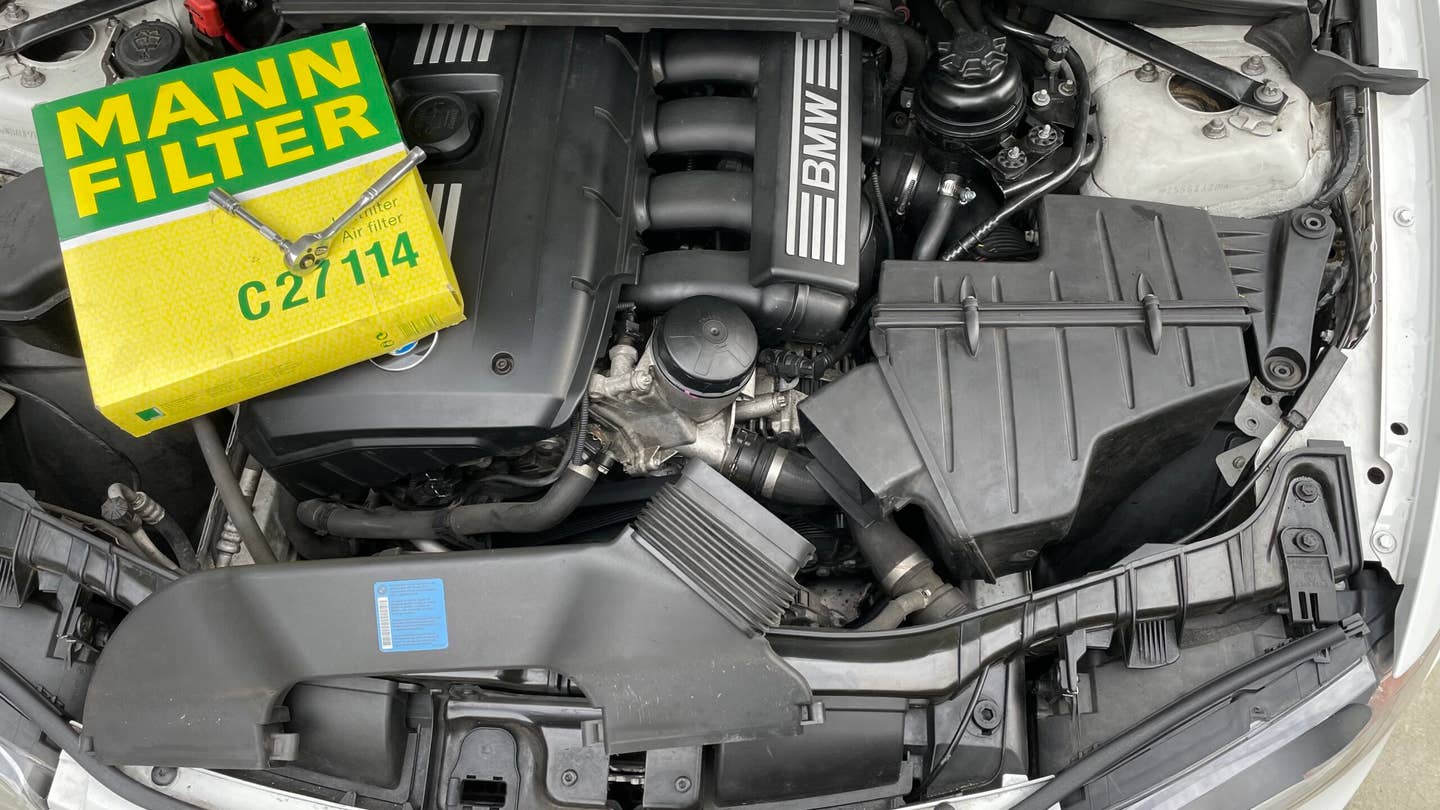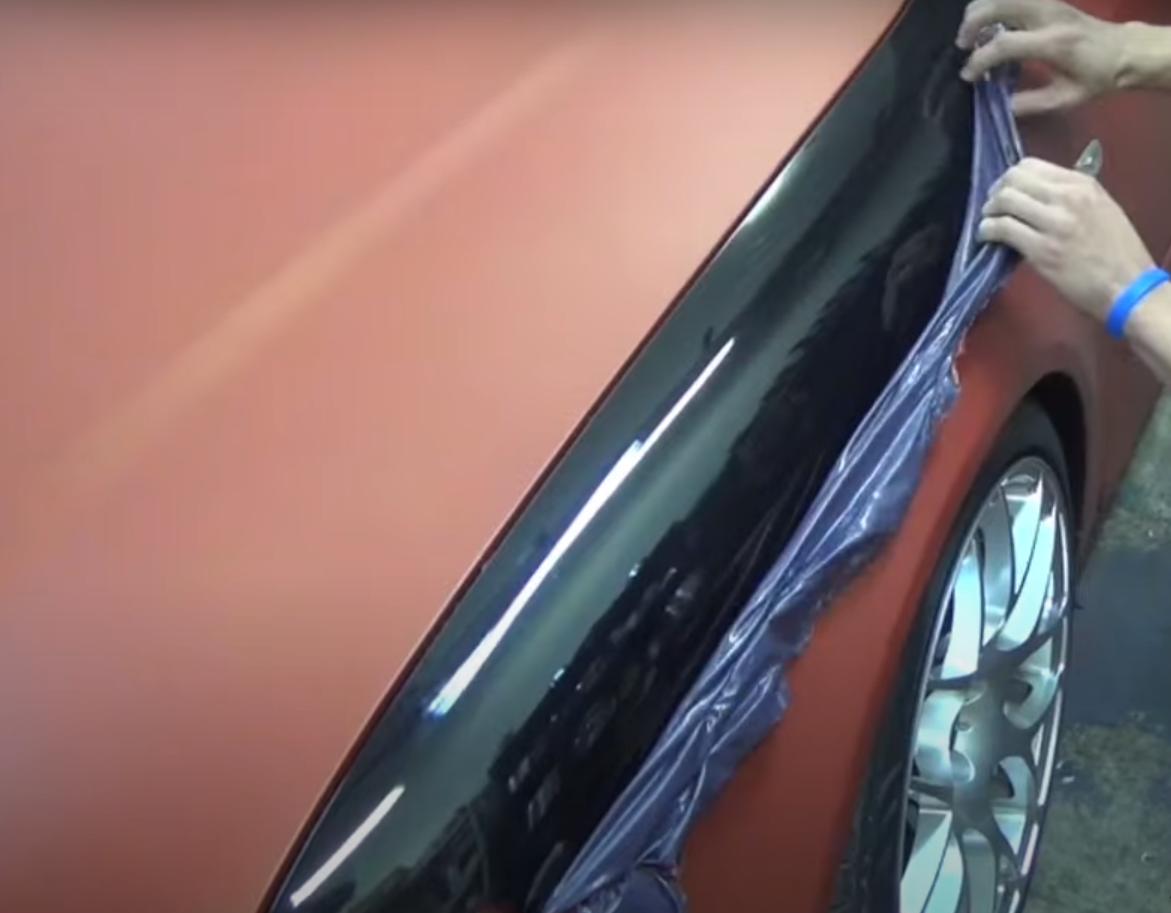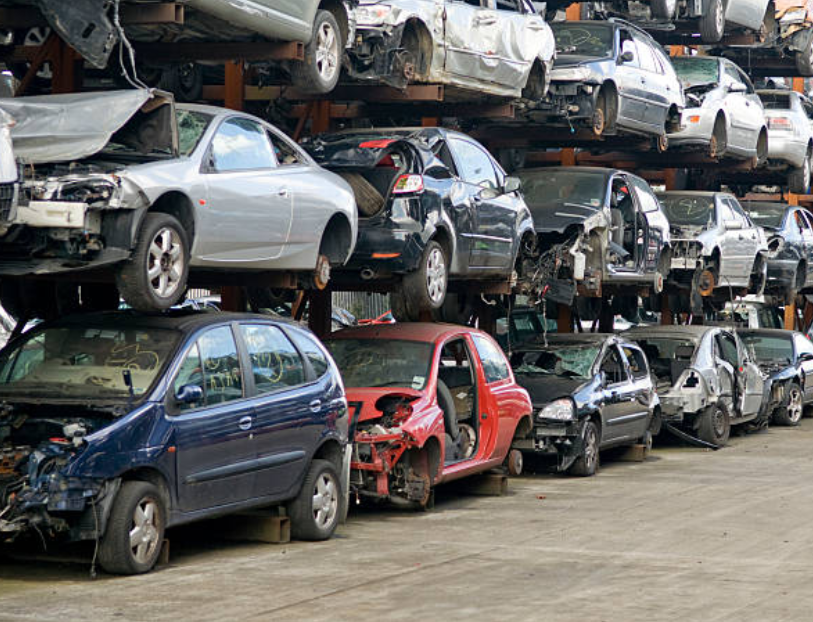How to Avoid DPF Problems and Keep Your Car Running Smoothly
Learn from the experts how to diagnose, deal with, and prevent issues related to your diesel particulate filter. Find out what you need to know here!
When you shop through retailer links on our site, we may earn affiliate commissions. Learn more
Diesel particulate filters (DPFs) have become a regular element in modern diesel engines as car pollution rules have gotten more rigorous. DPFs serve an important function in decreasing hazardous emissions, but they can also cause maintenance issues if not properly maintained. In this detailed article, we'll look at practical ways for avoiding DPF issues and keeping your car running smoothly for years to come.
IN THIS ARTICLE
What is a Diesel Particulate Filter (DPF) and Why is it Important?Signs of a Problematic DPF
Cleaning and Maintaining your DPF
Preventive Measures to Keep Your DPF in Optimal Condition
FAQs
What is a Diesel Particulate Filter (DPF) and Why is it Important?
Maintaining an efficient exhaust system is vital to ensure optimal performance of your vehicle and prevent complications with the Diesel Particulate Filter (DPF). The DPF, an integral component installed in the exhaust system of diesel engines, plays a crucial role in minimizing emissions. By effectively capturing and storing soot particles and other harmful pollutants that would otherwise be released into the surroundings, this filter helps safeguard the environment. To prevent the filter from getting obstructed, it undergoes a process known as filter regeneration. During this process, the accumulated soot particles are incinerated, enabling the filter to function effectively and maintain the smooth operation of your car. It is essential to incorporate regular maintenance routines to verify the proper functioning of your DPF and ensure that the filter regeneration process occurs as intended. By diligently carrying out these checks, you can steer clear of potential DPF issues and enjoy uninterrupted performance from your vehicle.

Related Articles
Signs of a Problematic DPF
If you observe any of the following indications, it's advisable to have your vehicle checked promptly to prevent more severe DPF issues in the future.
Firstly, pay attention to the illuminated check engine light. Its presence suggests an underlying DPF problem, necessitating a thorough inspection. Additionally, you might notice a decline in your car's performance, such as reduced power or acceleration, which could indicate a blocked filter. Moreover, if your car's fuel economy begins to decrease, it could be an indication that your DPF requires servicing.
By being vigilant about the warning signs associated with a troublesome DPF, you can take the necessary measures to maintain your car's smooth operation and prevent potential complications. Regular maintenance and checkups are essential to ensure the proper functioning of your vehicle's emission system.
Cleaning and Maintaining your DPF
To maintain the smooth operation of your vehicle and prevent expensive DPF issues, it is crucial to adhere to regular maintenance and cleaning routines for your diesel particulate filter (DPF). The DPF serves the purpose of capturing soot and other particles emitted from the exhaust. When it becomes blocked, it can cause engine performance issues such as lower power, higher fuel consumption, and increased emissions.
To avoid such issues, it is critical to keep your DPF clean and clear of accumulated soot and debris. Implementing a scheduled cleaning and maintenance regimen will assist in avoiding DPF problems and preserving the optimal functioning of your car. Various methods, ranging from chemical cleaners to manual cleaning, can be employed to clean the DPF effectively. Additionally, it is important to inspect and replace your DPF filters as necessary, guaranteeing peak performance of your vehicle. By adhering to regular maintenance and cleaning practices for your DPF, you can evade costly DPF issues and ensure the smooth operation of your car.

Preventive Measures to Keep Your DPF in Optimal Condition
Maintaining your car's smooth operation relies heavily on preventive maintenance. Scheduling regular maintenance sessions is crucial in order to prevent DPF problems and keep your vehicle in optimal condition. Periodically replacing the DPF filter is essential to maximize your car's performance. This procedure reduces the buildup of soot and dirt, which can cause inefficiency and perhaps harm other parts. Additionally, it's crucial to frequently check the oil in your automobile and make sure to have regular oil changes. This precautionary measure helps prevent the DPF filter from clogging due to oil or other debris. Lastly, paying attention to your car's exhaust system is vital, as it can indicate issues with the DPF filter. If you observe any smoke or unusual sounds emitting from the exhaust, it is advisable to seek professional inspection. By diligently following these preventive measures, you can steer clear of DPF problems and enjoy a smoothly running car.
FAQs
-
What are the signs of a clogged DPF filter?
Reduced engine performance, a loss of power, higher fuel consumption, repeated regeneration cycles, and the dashboard DPF warning light lighting are some typical symptoms of a blocked DPF filter. It's crucial to get your car checked out if you experience any of these symptoms so that the problem can be fixed right away.
-
Can I clean the DPF filter myself?
Cleaning the DPF filter is a complex task and typically requires specialized equipment and knowledge. It is recommended to have the DPF filter cleaned by a professional who has the expertise and proper tools to ensure thorough and effective cleaning. DIY cleaning attempts may lead to insufficient cleaning, potential damage, or improper reinstallation of the filter.
View more article here: The 10 Best Back Seat Covers For Car Seats Of 2023





.png)




